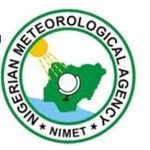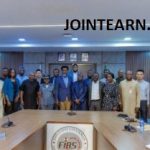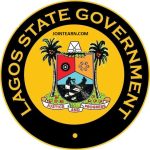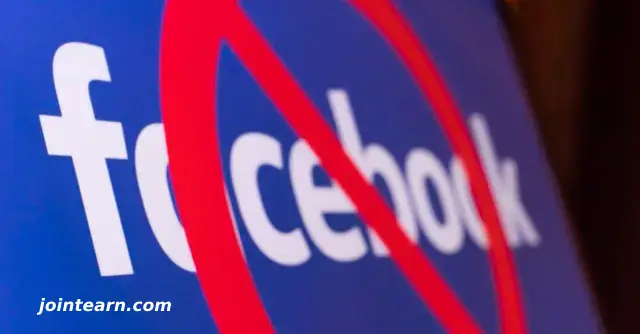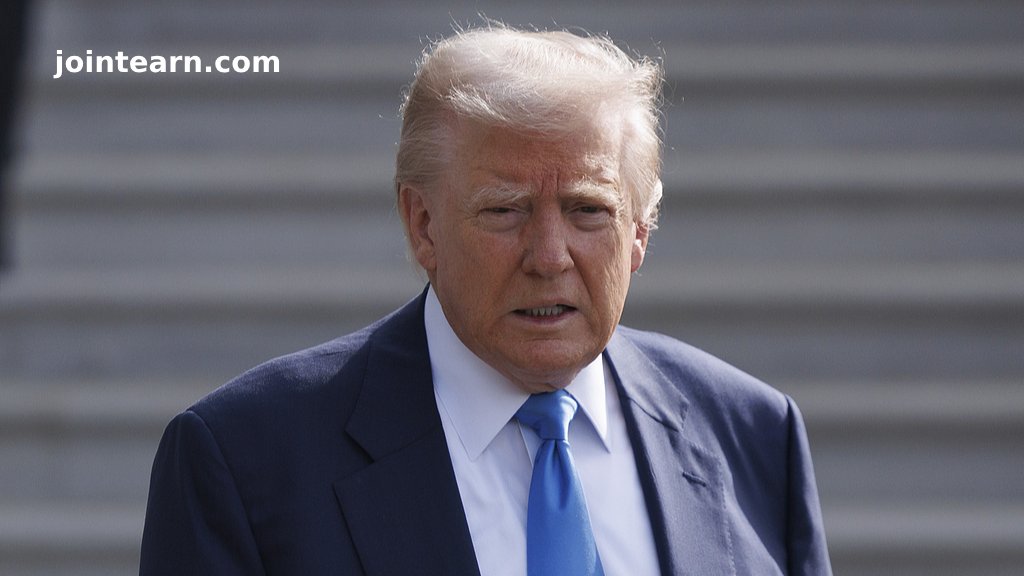Papua New Guinea has imposed a sudden ban on Facebook starting this Monday, describing it as a “test” aimed at limiting the spread of fake news, hate speech, and pornography. The unexpected move has sparked backlash from opposition members and political critics, who argue that the action infringes on human rights.
Police Minister Peter Tsiamalili Jr. defended the decision, clarifying that the government is not seeking to suppress free speech. Instead, it claims to be fulfilling its responsibility to protect citizens from harmful content. Facebook is the most popular social media platform in Papua New Guinea, with over 1.3 million users, including numerous small businesses that rely on the platform for sales.
Social media, particularly Facebook, has played a vital role in public discourse in the country, especially in light of decreasing press freedom. Neville Choi, President of Papua New Guinea’s Media Council, condemned the ban, stating that it borders on political autocracy and is a blatant abuse of human rights. He further criticized the government’s lack of communication with the agencies responsible for communications and technology, as at least two government bodies were reportedly unaware of the government’s plans, despite claims of a collaborative “test.”
Opposition MP Allan Bird expressed his concerns, warning that the country is veering into “dangerous territory” and that citizens are powerless to stop what he labeled as a “tyranny.” He also pointed out that the Facebook ban comes just months after new counter-terrorism laws were passed, granting the government more authority to monitor and restrict online communications. Bird described the laws as “draconian,” and warned that blocking Facebook was only the “first step.”
Despite the ban, many users have managed to circumvent the restrictions using virtual private networks (VPNs), allowing them to continue accessing the platform.
John Pora, Chair of the Small and Medium Enterprises Corporation, expressed concerns about the economic impact on small businesses, particularly those in the informal sector who rely heavily on Facebook for trade. He hopes the ban will be lifted soon so retailers can resume their operations.
Papua New Guinea has a history of threatening to block Facebook. In 2018, the government imposed a month-long ban while it sought to remove fake profiles. At that time, discussions were held about creating a state-run alternative to the platform. Furthermore, in 2023, the country initiated a parliamentary inquiry into “fake news, bad news reporting, and social media platforms.”
The future of Facebook access in Papua New Guinea remains uncertain as the government continues its efforts to control online content.

